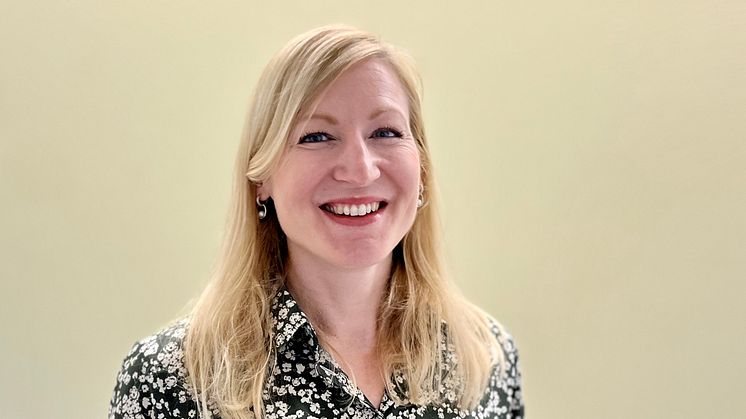
Press release -
Lymphoma patients at high risk of infections after diagnosis
Every year, around 100 people are affected by mantle cell lymphoma. A study at Uppsala University shows that these patients are more vulnerable to other diseases and that the risk of infection for this type of patient should therefore be carefully evaluated. The results of the study have been published in the journal Hemasphere.
Peer-review/Observational study/People
“Patients live with an increased risk of infections for many years, which limits their quality of life and can also be very serious,” notes Antoine Kossi D. Abalo, a researcher in precision medicine for cancer at Uppsala University.
Mantle cell lymphoma (MCL) is a very rare and incurable type of cancer of the lymphatic system, mainly affecting men over the age of 70. In Sweden, around one hundred cases are recorded each year. People can live for many years after treatment before the disease returns, with about half of those affected living for more than five years. Recent advances in treatment have greatly improved patients’ chances of survival, but researchers say there is growing concern among those affected.
“This is because they are more vulnerable to other diseases, especially infections, due to the intensive chemotherapy and the weakened immune system,” explains Ingrid Glimelius, Senior Physician and Professor of Oncology at Uppsala University Hospital and Uppsala University.
Researchers at Uppsala University have therefore conducted a large-scale national study examining infection rates before and after an MCL diagnosis. Data from 2007 to 2019 covering 1,559 MCL patients was compared to a reference group of 15,571 people. The researchers found that the MCL patients had twice as many infections as the reference subjects. The higher infection rate in patients was observed four years before diagnosis and persisted for up to eight years after diagnosis.
“Both doctors and patients need to be aware of these complications. This shows that alongside the treatment of lymphoma, we should have strategies to manage and reduce the risk of infections, as well as take measures to limit exposure to bacteria that could lead to infections. That way, we can improve the overall quality of life for patients,” continues Glimelius.
In the first year after diagnosis, 69% of MCL patients suffered at least one infection, with common causes including influenza, pneumonia, bacterial infections, urinary tract infections and acute upper respiratory infections. Remarkably, MCL remained the primary cause of death for a majority of the patients. The researchers were surprised to find that infections directly causing death were relatively rare, accounting for only 2.6% of cases.
“The results show that when considering new treatments for MCL, the risk of infection needs to be carefully evaluated. By delving into these findings, we can pave the way for more effective interventions, ultimately improving the quality and length of life of people battling mantle cell lymphoma,” concludes Kossi D. Abalo.
The study was funded by the Swedish Cancer Society.
Abalo KD, Ekberg S, Andersson TML, Pahnke S, Albertsson‐Lindblad A, Smedby KE, Jerkeman M, Glimelius I. (2024). Infections in patients with mantle cell lymphoma. HemaSphere, 2024;8:e121. https://doi.org/10.1002/hem3.121, https://onlinelibrary.wiley.com/doi/full/10.1002/HEM3.121
For more information:
Ingrid Glimelius, Professor and Senior Physician in Oncology at Uppsala University Hospital and Uppsala University, email: ingrid.glimelius@igp.uu.se, mobile phone: + 46 70-225 39 12
Topics
Categories
Founded in 1477, Uppsala University is the oldest university in Sweden. With more than 50,000 students and 7,500 employees in Uppsala and Visby, we are a broad university with research in social sciences, humanities, technology, natural sciences, medicine and pharmacology. Our mission is to conduct education and research of the highest quality and relevance to society on a long-term basis. Uppsala University is regularly ranked among the world’s top universities. www.uu.se

